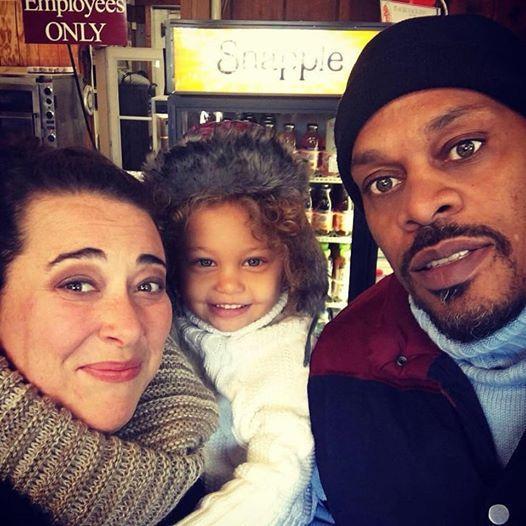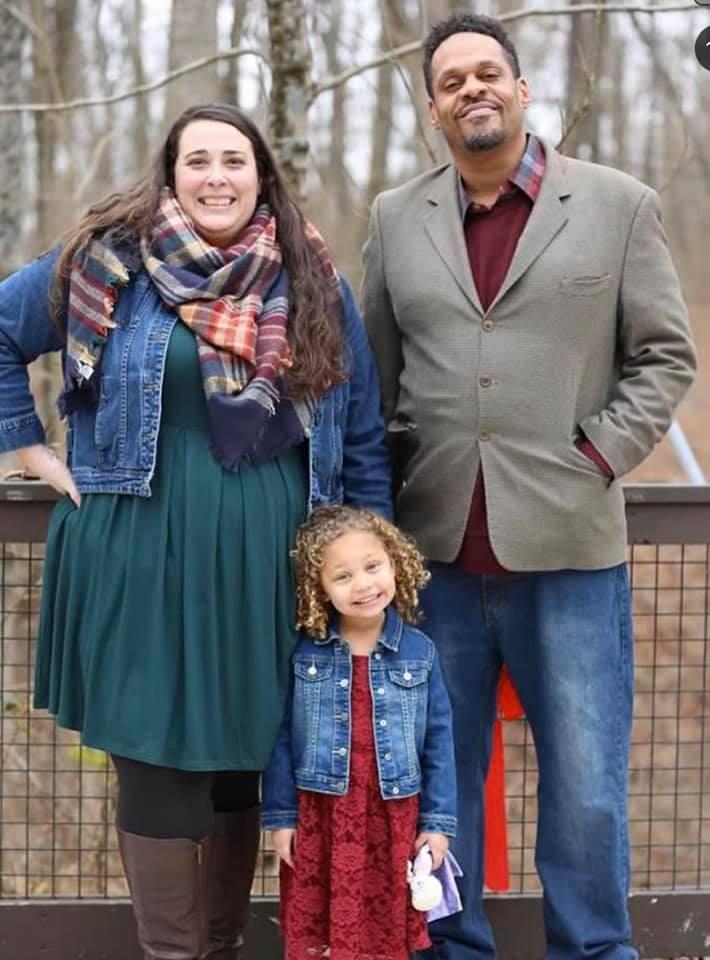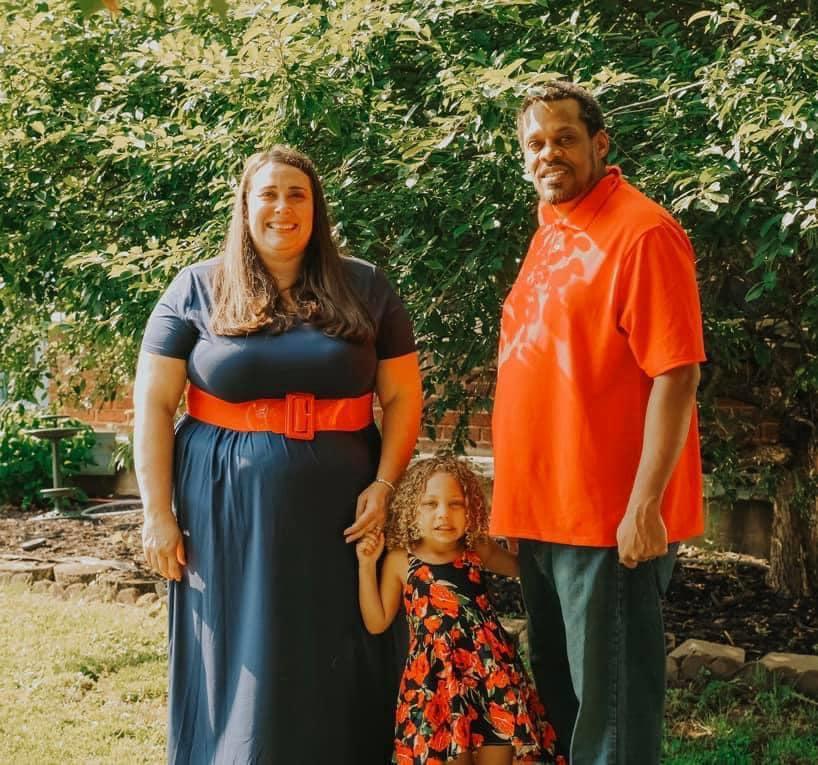
White woman's viral post explains what she's learned from being in an interracial relationship
By Robin ZlotnickAug. 20 2024, Updated 5:52 p.m. ET
Pamela Chandler took to Facebook to share what she has learned (and unlearned) as a white woman with a Black husband and a biracial child. Because of her family, she has gained a new perspective about the prevalence of racism in the United States that she never would have experienced otherwise.
Her Facebook post has gone completely viral and helped to open others' eyes to the ways in which racism constantly affects her and her family's life on an everyday basis. It has gained over 124,000 reactions and 128,000 shares.

In her post, Pamela explains that she has had to unlearn a lot of things and learn many more new things since she is a white woman married to a Black man and raising a biracial child. She lists some of the things that they have had to discuss in the span of their relationship.
For example, anytime they leave the Dayton, Ohio area where they live, she drives. "We don't talk about it each time, we just both know that if we are leaving our general 'safe' area and heading to smaller town Ohio roads, I'm the one driving," she writes.
She always handles "store clerks, returns, getting documents signed, anything with any federal building or administrative work." She writes that she gets further than her husband Walter when they need to handle things of that nature. People listen to her and are much more agreeable with her than they are with him.
Next, it may seem minor, but she writes that there's almost no chance that they will find a Black or interracial couple on greeting cards. Interracial couples are just not represented in places like that where white people take that representation for granted. Not seeing yourself or your family celebrated in public has a mental and emotional toll, especially when the erasure is so persistent.

Pamela continues, "My husband goes out of his way to be nice and talk to EVERYONE. Not because he's a people person but because he has learned that a 6'5" Black man intimidates people and so he overcompensates by being overly friendly so people won't be afraid of him."
Additionally, Pamela writes that if Walter is pushing the cart when they leave the store, she always has to have the receipt ready because he will get stopped to have his cart checked. That doesn't happen when she's the one pushing the cart.
The list goes on and on. None of their neighbors believed they owned their home when they moved in, they had the hardest time finding a church "without racist undertones," and when they take their daughter shopping for toys, she rarely sees dolls that look like her on the shelves.
They get stares at restaurants, avoid places that display Confederate flags, and they took down their Black Lives Matter sign because Walter believed they'd be targeted for it. "When Walter goes to a playground with our daughter, he constantly stays by her side, if not he gets stares and people wonder what the 'big Black man' is doing on the park bench," Pamela writes.

Pamela says that while she's thankful for her life, "changes need to happen." She and her family face "intentional and unintentional" racism everywhere, on a daily basis. "I want a better world for our daughter so I'm happy that things are changing," she writes. "I know a lot of you are tired of the protests and tired of the changes and tired of people complaining.
"Well, I'm tired of having to find a different gas station when the one we drive by has two trucks with Confederate flags and six white boys in sleeveless shirts standing outside. I'm tired of my husband having to talk to everyone and never complain even when they mess up his order 10,000 times..."
Pamela received so much support from her post that she created a family Facebook page called The Chandler Crew, where she will continue to share her experiences and thoughts as a member of an interracial relationship and a mother to a biracial child in the United States.
She told Bored Panda that while she's glad that her message reached lots of people, she's bothered that it was the perspective of a white woman that ultimately went viral when "plenty of people of color have spoken to these issues many times."
Editor's Note: The article was originally published in July 2020.
